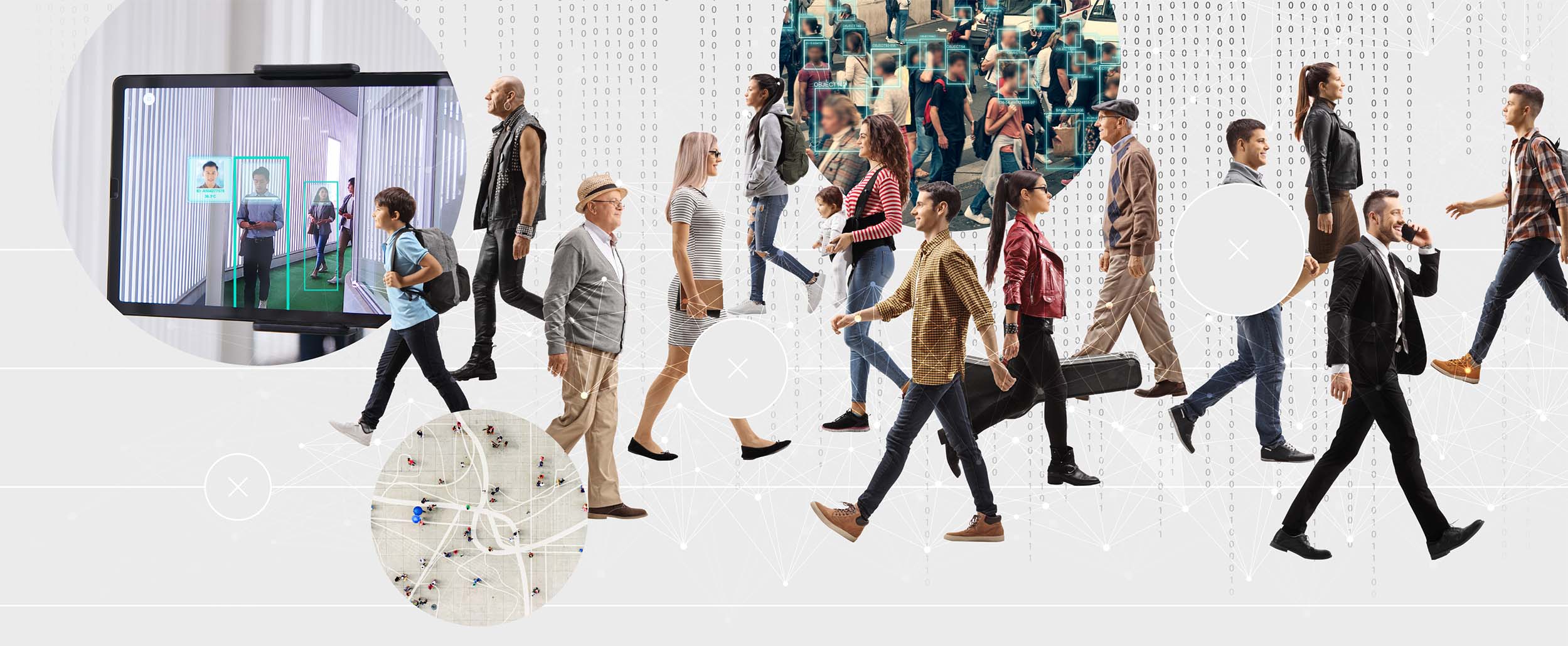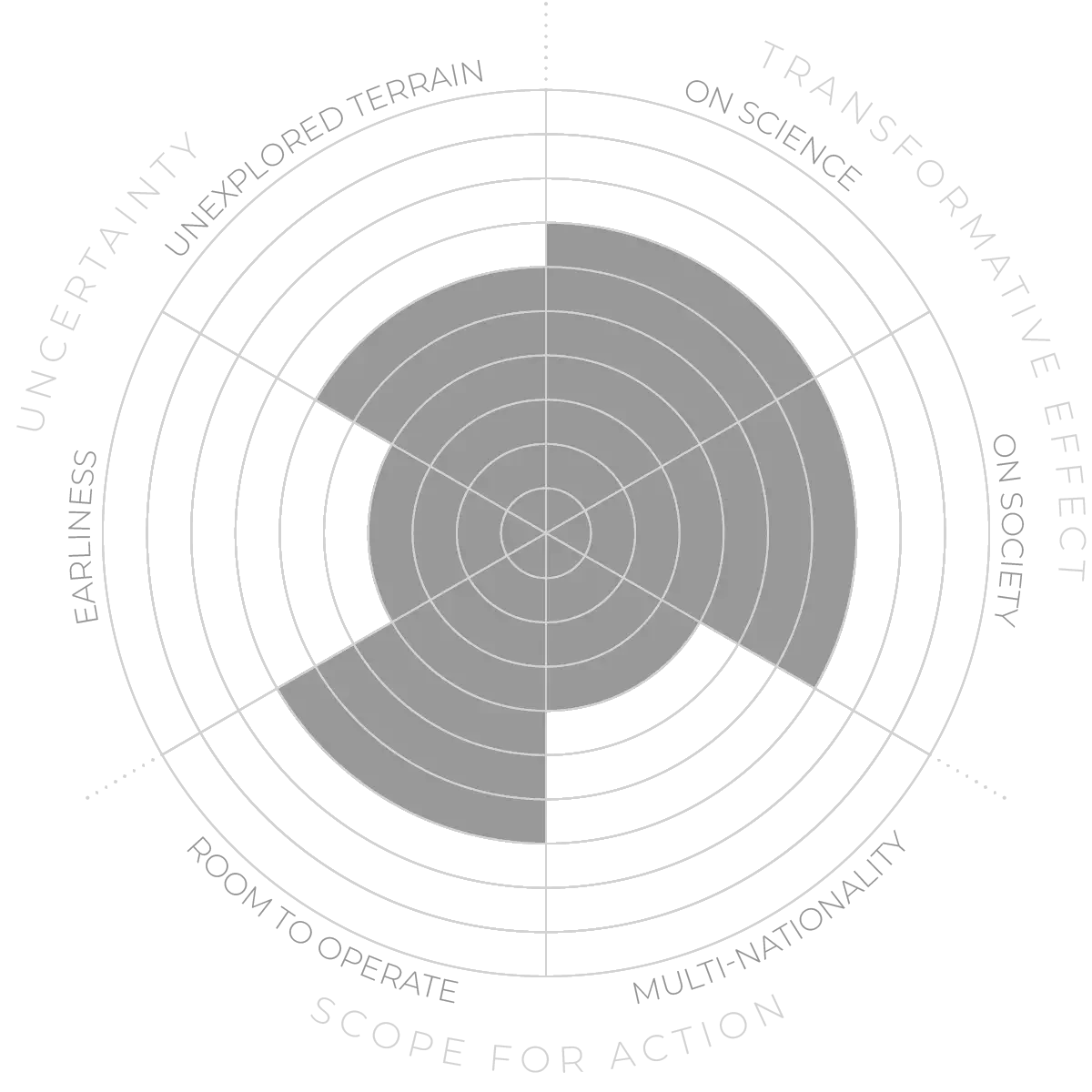Social science explores the relationships among individuals within societies and the forces that influence them. For this reason, it has close relationships with network science. However, the networks at play are multifold and complex. They include social, cultural and institutional networks that encompass activities playing out not only between individuals, but also at local, regional and global scales.
In recent years, increasingly powerful computational models have allowed researchers to capture many properties of these networks and to study the transitions from one type of collective behaviour to another. This has led to the emergence of the new discipline of computational social science, which aims to develop better social theories, gather more meaningful datasets in an ever-growing range of experiments and to create increasingly useful models. These models have already given us a better understanding of a wide range of phenomena, such as pedestrian and traffic flows, social inequality and the spread of diseases.1 The hope is that this approach will help predict the feed-forward effects too, allowing stakeholders such as researchers, commercial entities and governments to collaborate on modelling the potential outcomes of alternative decisions and putting solutions into practice more successfully.



